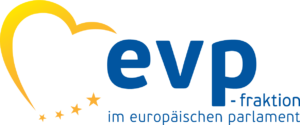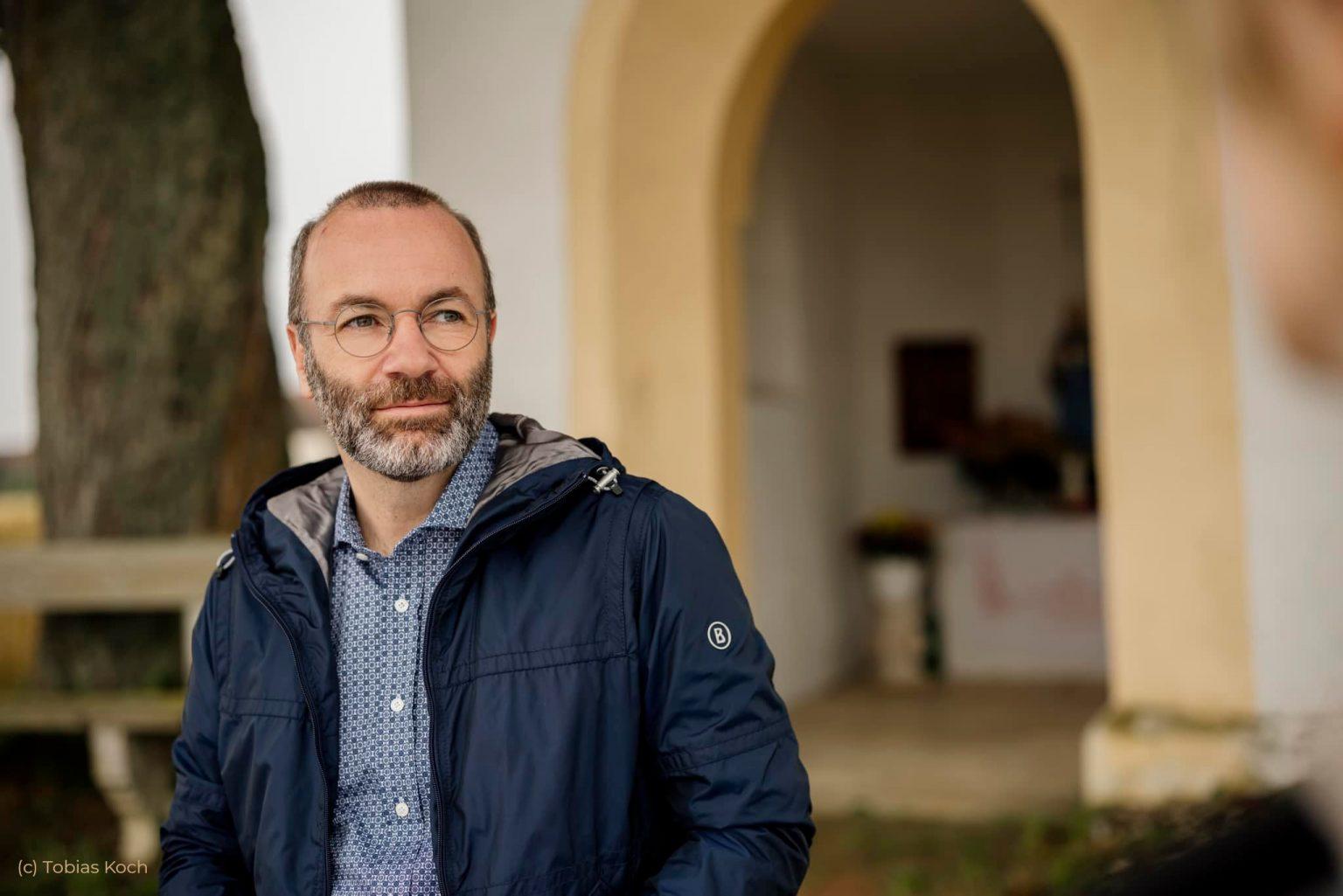2021 is drawing to a close, and the time has come to take stock of the year ahead.
We can be proud of Europe’s successes this year: the European vaccine procurement strategy and national immunisation campaigns have made it easy for anyone who wants to have easy access to the vaccine.
The solidarity shown by the Member States made it possible to limit the effects of the crisis on our economies.
The coordination of the health pass at European level enabled us to reconnect with freedom of movement and to take advantage of the summer season.
All of these successes are real. They allowed us to have an almost ‘normal’ summer and to regain, for a while at least, a certain carefree attitude, and the hope that this pandemic will soon be nothing but a bad memory.
This was without taking into account the appearance of increasingly contagious, increasingly aggressive variants.
This year again, while fatigue, poor mental health and a certain form of resignation are now common to Europeans, we are about to spend the end-of-the-year holidays darkened by the virus.
I want to reiterate, on behalf of my political family, our deep gratitude to the caregivers who continue to fight on the frontline in this never-ending war.
Their merit is all the greater as they face the ravages of disinformation about their patients every day. When, on social networks, science is systematically called into question, the effect of the propagation of ‘fake news’ on the population is no longer anecdotal: disinformation harms health concretely and very seriously.
That’s why we need to force social media platforms to do a lot more to fight disinformation. And we must repeat as much as necessary that vaccination is the best weapon against the virus.
In this context, the publication by European Commissioner Helena Dalli of an “inclusive lexicon” censoring the use of a number of common expressions, and in particular of the term “Christmas”, is particularly unwelcome.
It’s as if the European Executive decided to stoke the fire of all those who accuse it of being out of touch with the realities of the people! Fortunately, the initiative was halted in time by the European Commission.
In these troubled times, I am convinced that the message of hope, peace and light of Christmas, far from being a form of exclusion, can, on the contrary, represent a source of comfort for all, believers and non-believers alike.
The pandemic is straining us all and pushing us all, both individually and societally, to our limits.
At the EPP, we are convinced that in the face of adversity, knowing and cherishing one’s roots gives us strength. I wish you all a very Merry Christmas, despite everything.


